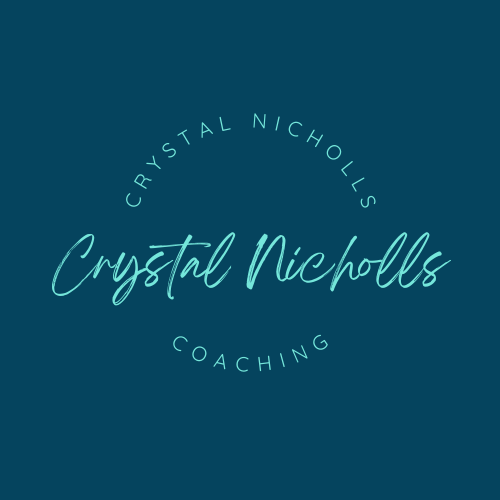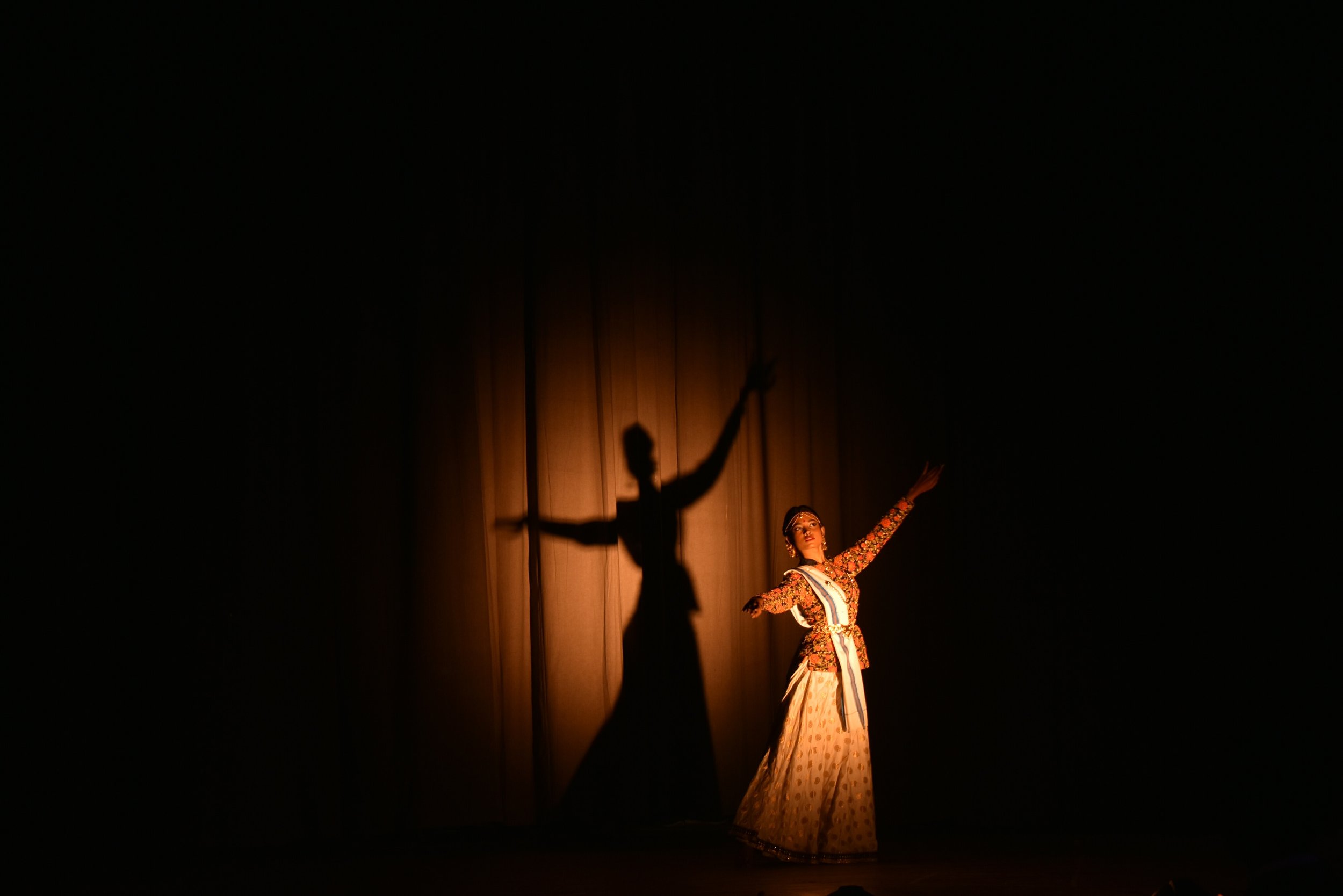What Most Performers Get Wrong About Confidence
"I just need more confidence."
This is probably the one sentence I hear most when speaking to performers. And I get it. When I was regularly auditioning and performing, I felt like confidence was an elusive magic solution that would make all my problems, anxieties and worries go away.
From my experience as a coach, I now know that this is simply not true. And if you are waiting until you feel confident in order to take action, you will be waiting forever.
What is confidence, really?
Simply put, confidence is about feeling sure about yourself and about your abilities. It requires a willingness to reflect and be honest with your capabilities, and being secure in that knowledge.
Confidence is not all-encompassing
We often think of confidence as being all-encompassing, but, if you reflect on your own life, can you identify areas you already feel confident in, and others you do not? Maybe you are confident in performing monologues, but the thought of performing a dance solo in front of an audience makes you feel queasy.
Confidence is not fixed
Confidence isn't something that some people are born with and others are not. This view is reflective of a fixed mindset, as described by psychologist Carol Dweck, where we view certain traits or qualities as being fixed traits that cannot grow.
Instead, we want to view confidence through the lens of a growth mindset, where we recognise it is a skill that can be acquired, practiced, and built upon.
Fake it till you make it?
This is a phrase that is used often in the performing arts industry, but is it actually possible?
The short answer is–yes. Kind of.
You can absolutely project a quality of confidence if you don't actually feel it. As performers, we are aware of how we can use our posture (open shoulders, tilted chin), or even tone of voice, clothing, hair, etc to feel and appear more confident, even if you initially feel anything but.
There is plenty of research that shows that something as simple as changing your posture can have a very real impact on your confidence–the superhero pose is a great example of this.
These fixes are great for things like auditions or temporary situations where you just need to get your act together quickly. But for long term change, you need a different solution.
Uncomfortable, consistent action precedes confidence
True confidence comes from repeatedly and consistently proving to ourselves that we can do what we set out to do.
This is why it is important to recognise that there will be a certain amount of discomfort in the beginning, when you decide to become more confident or capable in a certain skill or area in your life.
If you can accept that discomfort is part of the path to confidence, you will be more likely to take action anyway.
Once you have taken enough consistent action in the direction of your goals, you will start to become more confident in your abilities.
A practical exercise to build your confidence
Identify an area in your life you'd like to become more confident in. The more specific you can be, the better
Write down all of your current skills and strengths. Is there anything on this list you can leverage to help you achieve what you wrote down above?
Next, write down any obstacles or challenges that are likely to get in the way. Is there anything you can do to reduce/remove them?
Write down one small action you can take to move you in the direction of becoming more confident in the area you identified
Be aware that it will feel uncomfortable and do it anyway!
Repeat steps 4–6 and watch your confidence grow
Take My Quiz!
Do you want to improve your performance–on and off stage? Take my quiz, 'Master the Stage and Beyond', designed exclusively for performers. Discover valuable insights and personalised feedback on 4 pillars of performer wellness, to help you elevate your performance today!

